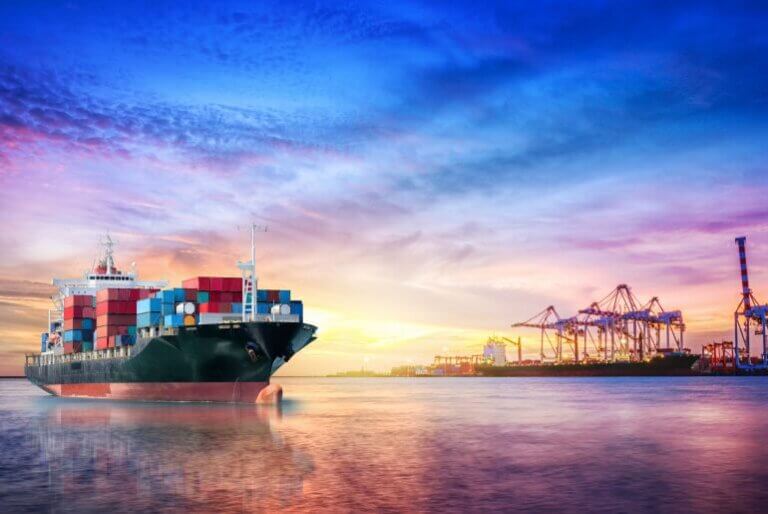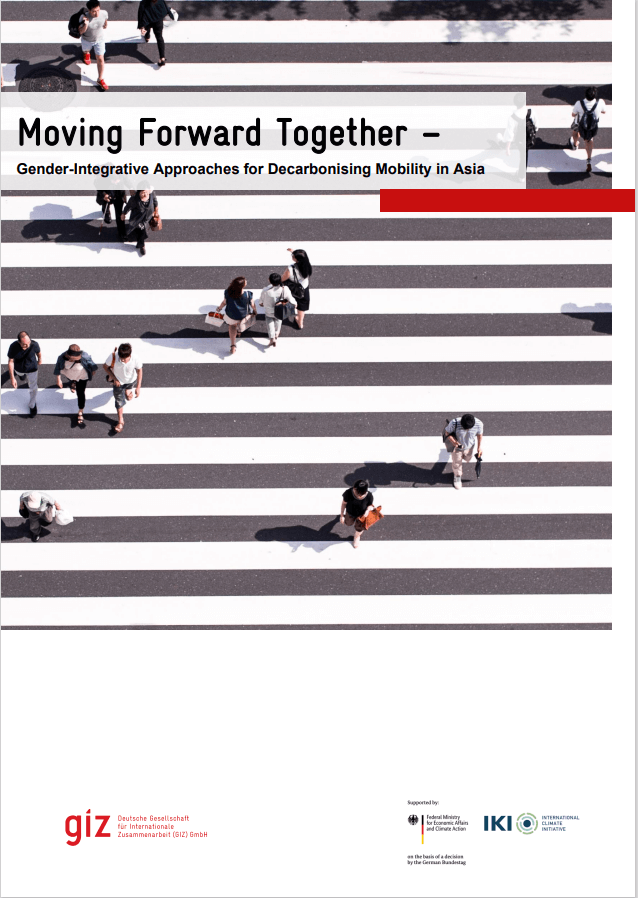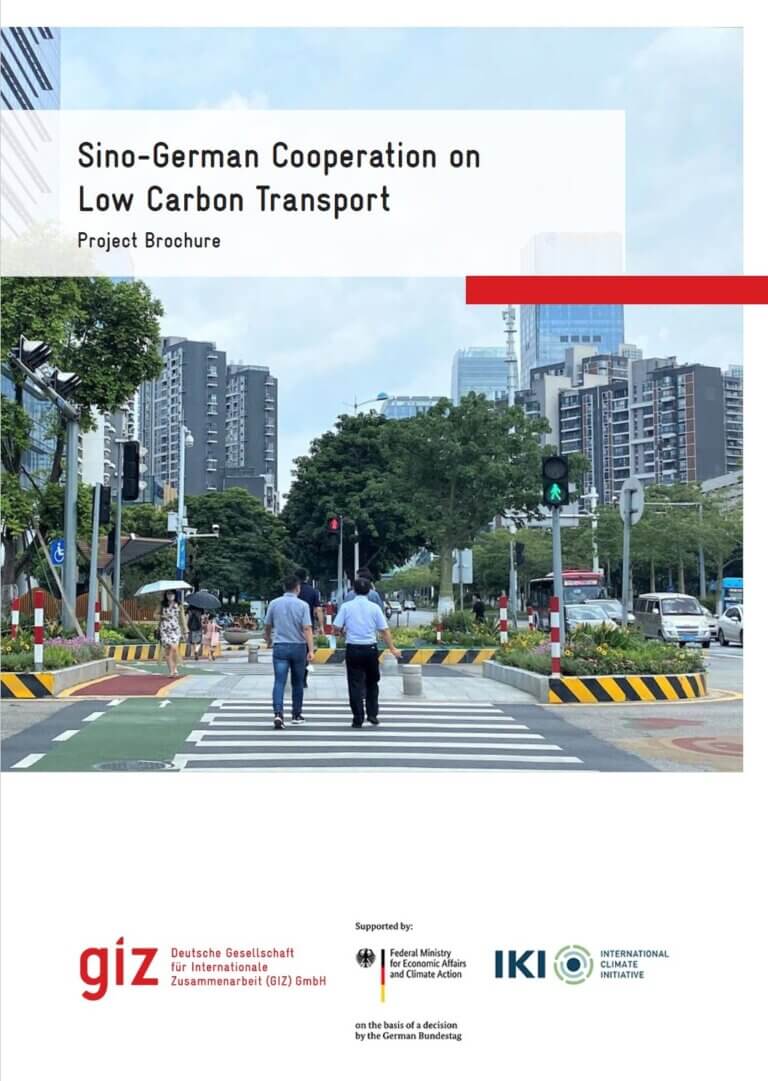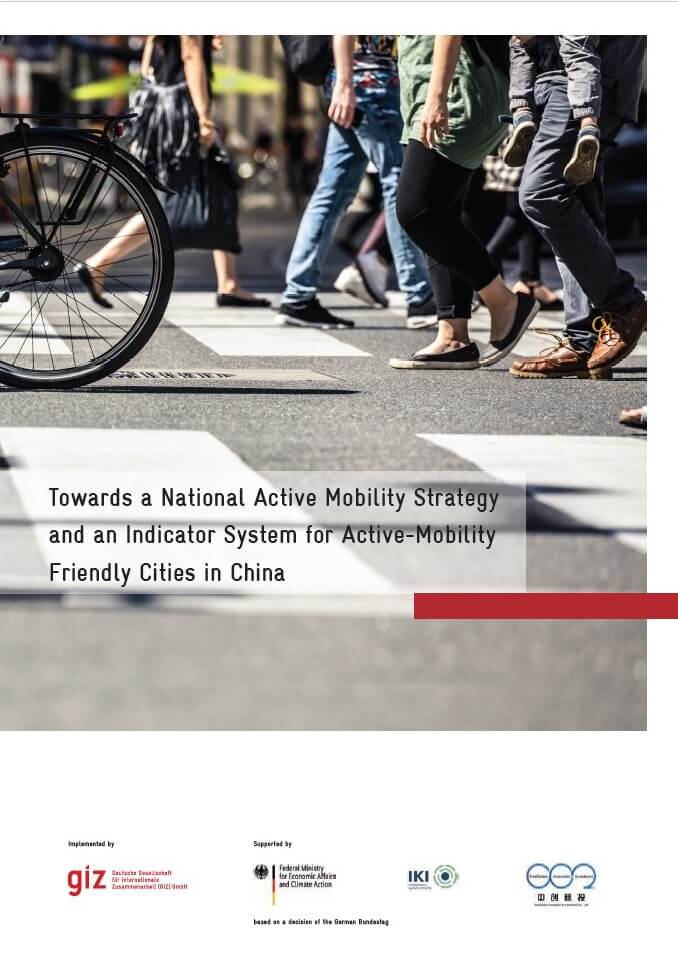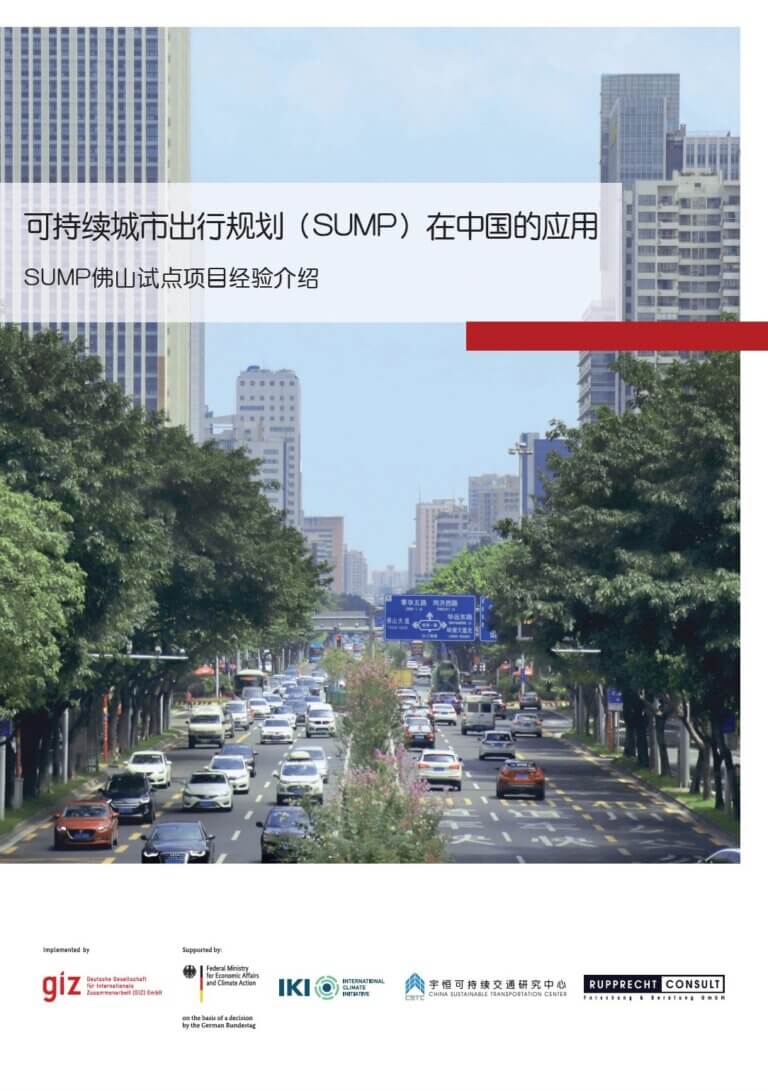Within the framework of the project “Mobility and Fuels Strategy (MFS) as a Contribution to the Transport Transition in China – Pilot in the Jing-Jin-Ji Region”, Mr. Ralf Fiedler from the Fraunhofer Center for Maritime Logistics and Services (CML) travelled to China from 21 to 24 August 2018. The goal of his visit was to work with the Tianjin Research Institute for Water Transport Engineering (TIWTE) under the Chinese Ministry of Transport (MOT) on identifying suitable project topics for the ongoing Chinese-German MFS cooperation in the field of green port development. In the following months, TIWTE, Fraunhofer CML and GIZ in China will carry out three joint studies that are dealing with the analysis and evaluation of energy efficiency in automatic container terminals, the optimization and promotion policies of shore-to-ship power supply systems as well as concepts for conversion towards green ports.
In order to further facilitate the exchange between Chinese and German experts in the area of green port development, GIZ organized an additional workshop on 22 August 2018 in Beijing. Participants from the Natural Resources and Defense Council (NRDC), Shenhua Huanghua Port Affairs Company, Port of Hamburg, Transport Planning and Research Institute (TPRI), Fraunhofer CML and GIZ presented a series of insightful presentations, shedding light on recent developments, challenges and achievements in the promotion of clean ports and clean shipping in China, Germany and Europe.
During this event, GIZ presented its latest report on the status and environmental incentive policies of seaports and inland ports in Europe. The report tries to highlight the following questions: How do international organisations and national governments minimise shipping emissions? How can ports contribute to the reduction of greenhouse gas (GHG) emissions, energy demand, and air pollution in port cities, thus making the shipping sector cleaner? Which incentives, policies, and regulations do European ports already use to solve urgent and long-term environmental problems?
Environmental incentive policies of seaports and inland ports
There is a wide range of policies and measures port authorities in Europe can use to reduce air pollution, energy demand, and emissions. Most of the ports’ strategies involve a mixture of inter-related instruments to combat emissions at ports. However, cost and future uncertainties often generate the old chicken and egg story – shipping companies wait for adequate port infrastructure and legal certainty before investing in new and cleaner technologies, and ports wait for shipping demand and political backing.
Within the last two years, the ports selected in this report collaborated closely with public authorities and energy suppliers to build up the first LNG (liquified natural gas) infrastructures, extend shore connections, and adjust existing laws and port regulations. By subsidising pilot projects and providing additional port infrastructure for ships, these ports set an example in the reduction of GHG emissions and air pollution in the shipping sector. This is the first step in addressing future uncertainties regarding the efficiency of ship propulsions and onshore-based power supply.
Environmentally driven financial port incentives have been well received in the selected European ports and the number of ships that qualify for reduced port dues is steadily rising. In order to reduce emissions and encourage the adoption of more environmentally friendly methods, the selected ports provide incentives for the production of energy-efficient ships and other green technologies. Voluntary financial incentives are flexible in weighing scores and ports can set their own standards. The more ports that join voluntary incentive projects, the more shipping companies are attracted, and thus the bigger the impact on environmental performance in the shipping sector.
Moreover, the selected European ports illustrate the transition from ports functioning as mere providers of infrastructure to becoming global competence centers for sustainable and innovative concepts and technologies. As a result of heightened economic competition and societal pressure on ports, the selected ports have increasingly focused on smart and sustainable logistical concepts; this focus, along with the building of innovative research centers for advanced maritime gadgets and renewable resources, will create their own ecosystems while being part of advanced international initiatives.
Click here to download the full report:


